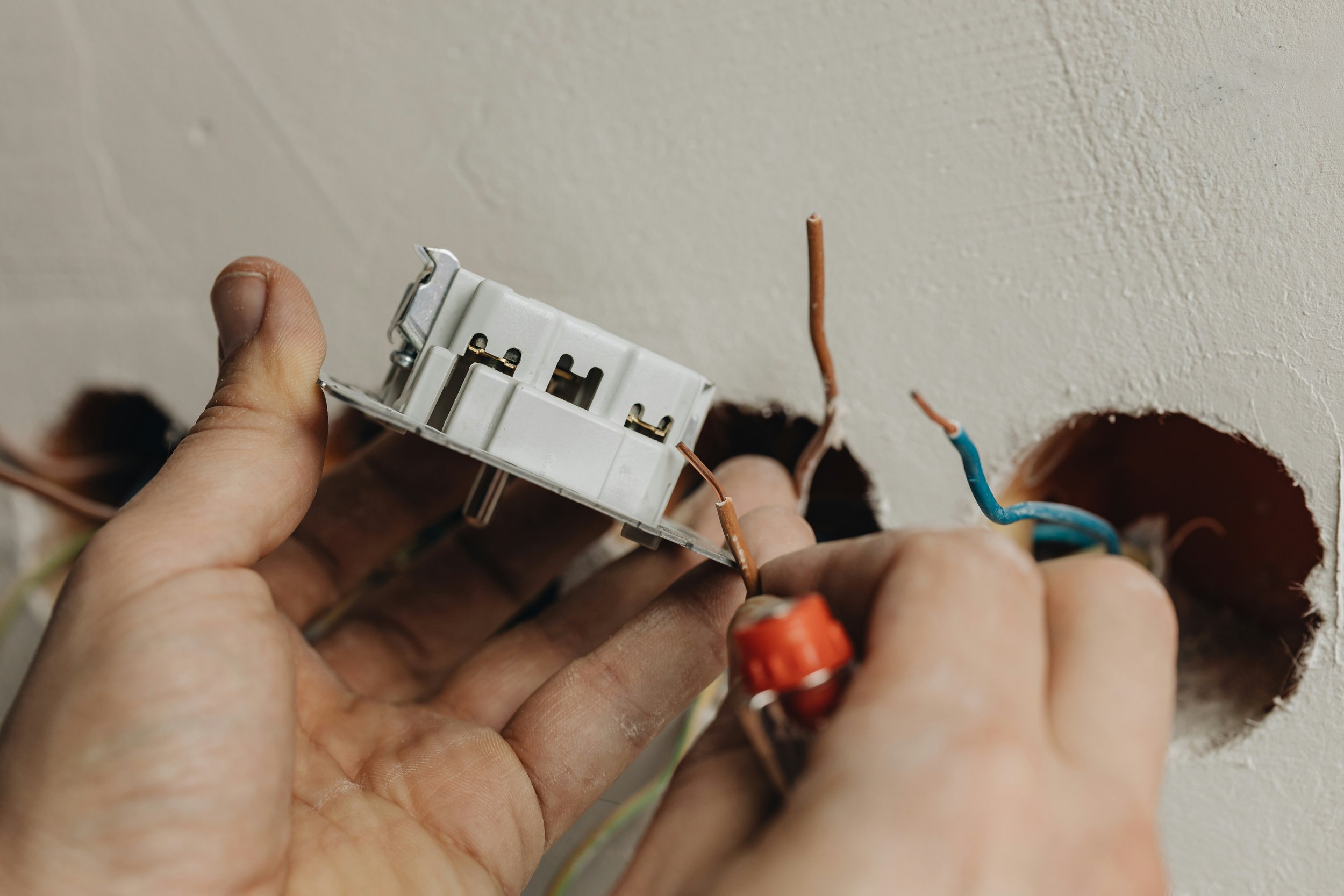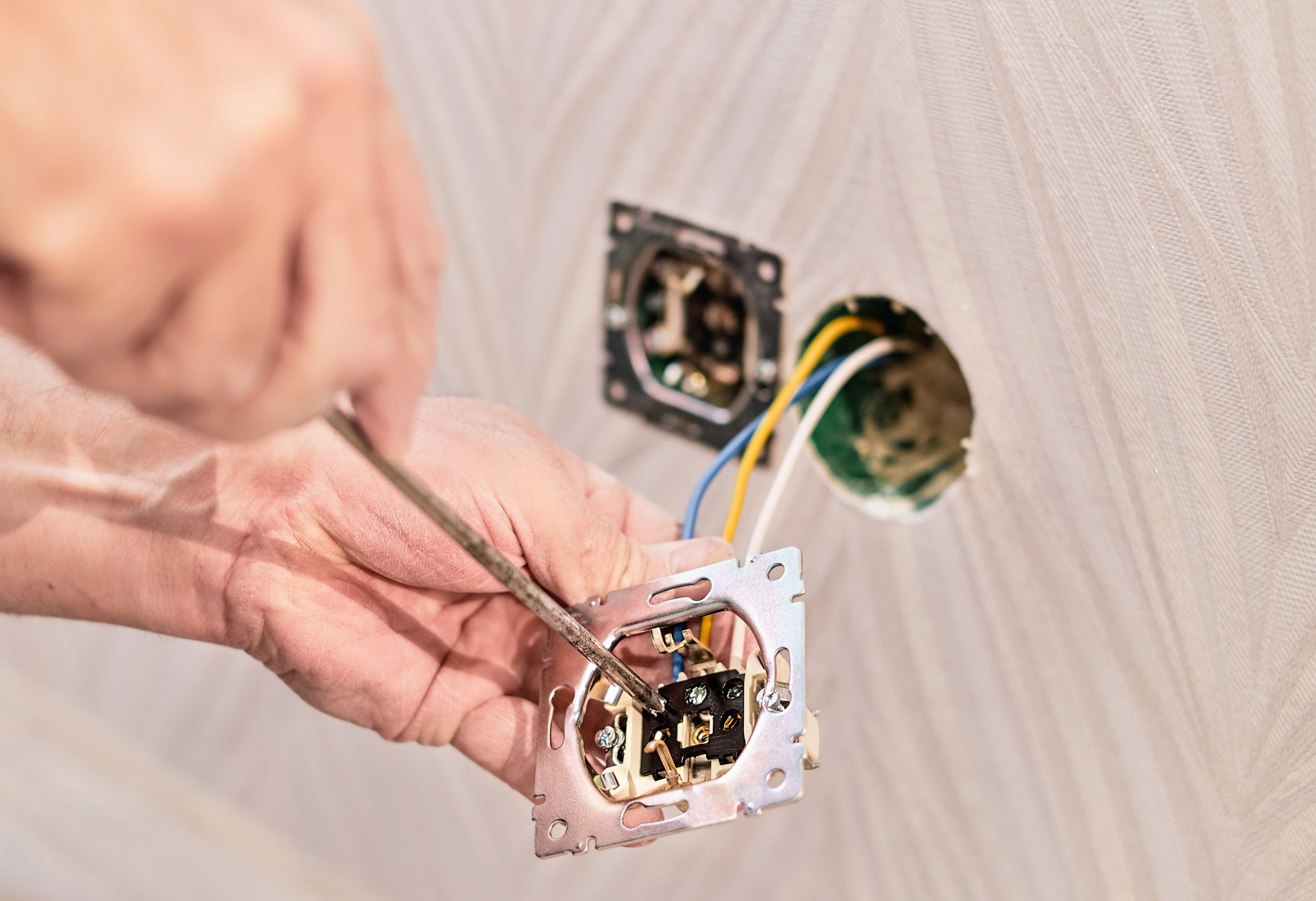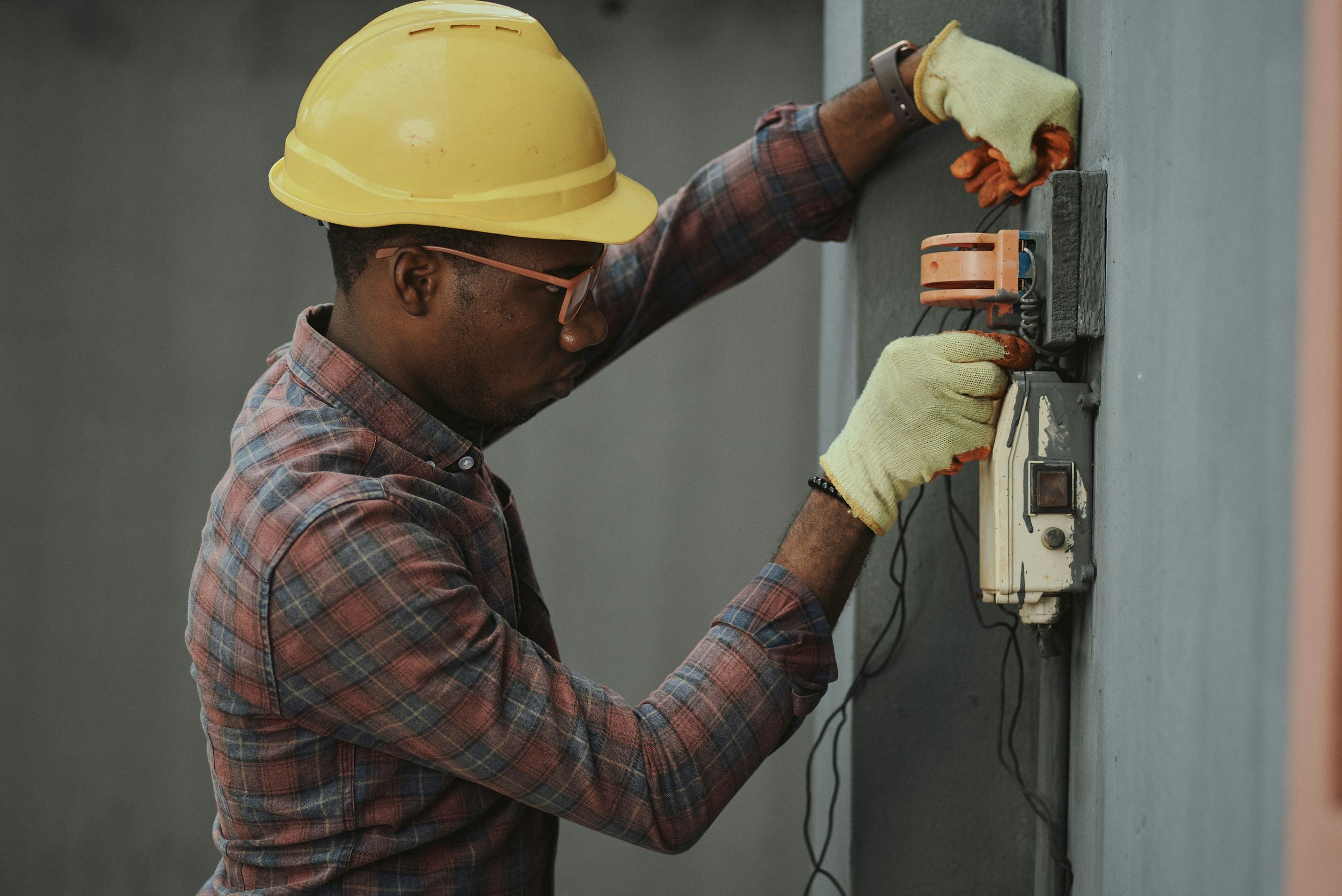Common Electrical Work Mistakes Homeowners Make
Discover the common electrical work mistakes homeowners often make and learn how to avoid them to ensure safety and efficiency in your home projects.
In the realm of home improvement, electrical work stands out as both a critical and potentially hazardous endeavor. Unlike painting walls or installing shelves, missteps in electrical projects can have immediate and dire consequences. Electrical safety is paramount, not only for the integrity of your home's infrastructure but for the safety of its inhabitants as well. However, common misconceptions and a growing trend of do-it-yourself (DIY) culture have led many homeowners to commit avoidable mistakes. This blog delves into these errors, providing insight and advice to ensure your electrical endeavors are both safe and successful.
Overloading Power Outlets
One of the most frequent and dangerous mistakes is the overloading of power outlets. Modern homes, bustling with gadgets and appliances, often demand more electricity than what a single outlet can safely supply. This overreliance can lead to blown fuses, tripped circuit breakers, and in the worst cases, fires. It's essential to distribute your electrical devices across multiple outlets and consider upgrading your electrical system to meet your needs safely. Power strips with built-in circuit protection can offer a temporary solution, but they're not a substitute for a professional evaluation and possible system upgrade.
Ignoring the Importance of GFCI Outlets
Ground Fault Circuit Interrupter (GFCI) outlets are designed to prevent electrocution by detecting imbalances in electrical current and shutting down power immediately. These are crucial in wet areas such as bathrooms, kitchens, and outdoor spaces. Unfortunately, many homeowners overlook the installation of GFCI outlets due to ignorance or an attempt to cut corners. This negligence can lead to severe electric shock risks, especially in areas where water and electricity are in close proximity. Ensuring GFCI outlets are installed in key areas of your home is a simple yet effective step in safeguarding against electrical accidents.
Using Incorrect Wire Size
Electrical wires come in various sizes, each tailored to carry a certain amount of current. Using a wire that's too small for your circuit's demand can cause the wire to overheat, strip its insulation, and potentially start a fire. This mistake often stems from a lack of understanding of how electrical systems work. Before adding or extending circuits, it's vital to consult the electrical code or a professional to determine the appropriate wire size for your needs, ensuring your home's safety and functionality.
Performing DIY Electrical Work Without Knowledge
The DIY movement has empowered many homeowners to take on new projects with enthusiasm. However, electrical work requires a deep understanding of systems, codes, and safety practices. Undertaking electrical projects without this knowledge can result in incorrect installations, safety hazards, and expensive corrections down the line. If you're not fully confident in your electrical skills, it's wise to defer to a professional. Educating yourself and gaining hands-on experience under supervision can be valuable if you're committed to DIY, but never at the expense of safety.
Not Securing Electrical Permits
Many types of electrical work require permits from local authorities. These permits are not bureaucratic hurdles but measures to ensure that electrical work adheres to safety standards. Skipping the permit process can lead to legal issues, fines, and potentially dangerous unapproved work. Before starting your project, check with your local building department to determine if a permit is needed. This step ensures your work is legal, safe, and up to code, providing peace of mind and protecting your home's value.
Neglecting Circuit Protection
Circuit breakers and fuses are your first line of defense against overcurrent that can lead to overheating and fires. However, neglecting these safety devices, whether by bypassing them, using incorrect sizes, or ignoring tripped breakers, can have catastrophic consequences. Regularly check your circuit breakers or fuses for signs of wear and ensure they're correctly rated for their circuits. Address tripped breakers promptly by identifying and rectifying the underlying issue rather than simply resetting the breaker.
Improper Junction Box Installation
Junction boxes are used to enclose wire splices and protect against exposure, which can lead to shorts and shocks. However, improper installation, such as not securing the box to the structure or failing to cover it, can negate its safety features. Ensure that all wire connections or terminations occur within a properly installed junction box. This simple practice can significantly reduce the risk of electrical accidents in your home.
Inadequate Electrical Outlets
A lack of sufficient outlets can lead homeowners to rely heavily on extension cords and power strips, creating trip hazards and the potential for overloading circuits. Assess your living spaces and consider professional installation of additional outlets to meet your electrical needs safely. This investment not only enhances the functionality of your home but also its safety.
Choosing Cheap Over Quality
In an attempt to save money, some homeowners opt for inexpensive, low-quality electrical components. This mistake can be costly in the long run, as subpar materials are more likely to fail, potentially causing damage or endangering your home's occupants. Prioritizing quality and reputable brands for your electrical materials can ensure the longevity and safety of your electrical system.
Not Hiring a Professional Building Company for Major Work
Major electrical projects require the expertise and skills of a professional. While it may be tempting to tackle big projects on your own or with the help of an unqualified handyman, the risks far outweigh the potential savings. Professional building companies in Sussex like Fortus bring the necessary experience, knowledge of current codes, and a guarantee of quality work. Their involvement ensures that major electrical projects are done safely, efficiently, and up to legal standards, ultimately protecting your investment in your home.
Conclusion
Electrical work in your home is not something to take lightly. The common mistakes outlined above highlight the importance of approaching such projects with care, respect for safety standards, and when necessary, professional assistance. By understanding and avoiding these pitfalls, homeowners can ensure their electrical systems function safely and reliably. Remember, cutting corners on electrical work can lead to dire consequences. Always prioritize safety and quality over cost-saving measures, and don't hesitate to consult or hire professionals for major electrical projects. Your home and your family's safety are worth the investment.
Stay up to date with our latest ideas!
Exclusive deals just for our readers! Click below to unlock special offers and elevate your shopping experience!








